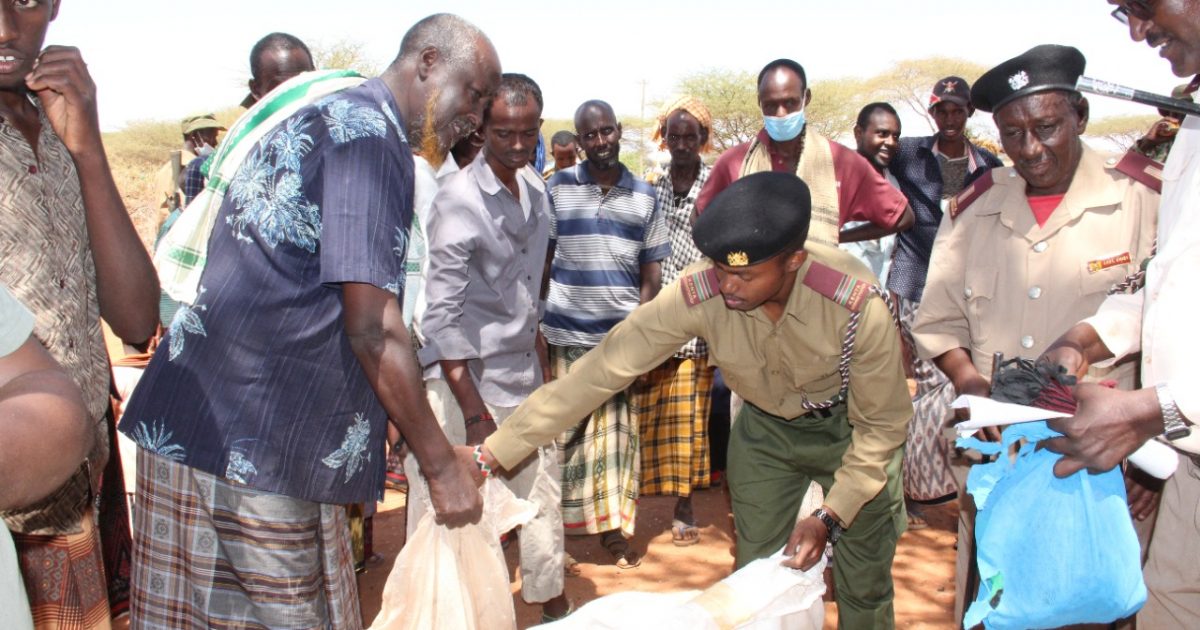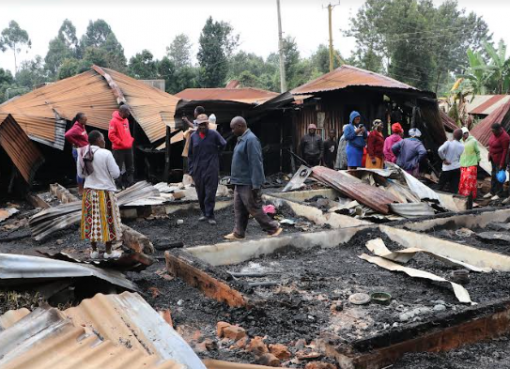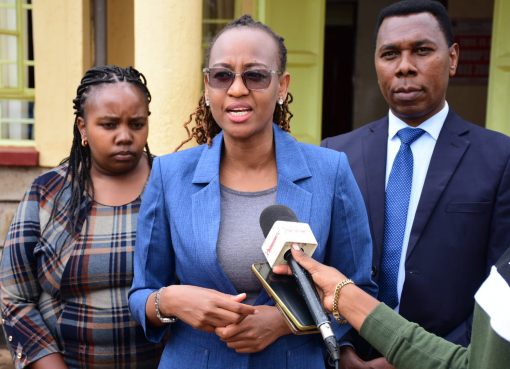At least 500 households in Hareri, Mandera County have received food from the Methodist Church of Kenya to ease the effects of drought and hunger.
The Church has distributed maize, beans, cooking oil, and face masks to residents as part of intervention.
Speaking during the distribution, Martin Gikunda church representative said Methodist church come in to distribute food to the vulnerable households following declaration from President Uhuru Kenyatta that drought is a national disaster.
“Since the beginning of this year, we have been going round in all the affected counties, where we distributed food to a number of affected households.”
He added that so far they have distributed food to more than 2500 households.
“We have distributed food to 500 households in Mandera,300 in Isiolo and 1100 in Samburu,”
Mandera Assistant County Commissioner Jesse Ithae thanked the church as he confirmed that their efforts are timely and goes well in supplementing government efforts of feeding the vulnerable population.
“I want to thank the Methodist Church in Kenya for this great support, we are deeply touched, I wish to urge more humanitarian agencies and well-wishers to help the community before the situation worsens,” said Ithae.
Commissioner also added that the government through a cash transfer programme has enrolled 29,878 who received Sh 3,000 every month as a way of cushioning them from the pangs of hunger due to severe drought.
Githae applauded Methodist church assistance saying helping the need is not religion but humanity, he challenged all non-governmental organizations particularly those operating in Mandera to chip in and supplement government efforts of feeding the vulnerable in society.
“This is a good indicator that our nation Kenya is one people, this initiative by Methodist church in Kenya is a clear indicator that we are all one people, and a lesson not to practice religion discrimination,” added Githae.
Hareri area Chief Hussein Diss also thanked the government and all well-wishers who have been in the front line in helping the community in times of need.
In September last year, President Uhuru Kenyatta declared drought as a national disaster, after findings indicated more than 10 counties, mostly the North and North Eastern part of the country, were seriously affected. Most of these counties are yet to recover from a recent locust disaster.
The region has not received adequate rainfall for the last two consecutive years and this has affected the pastoralist livelihood.
By Charles Matacho





